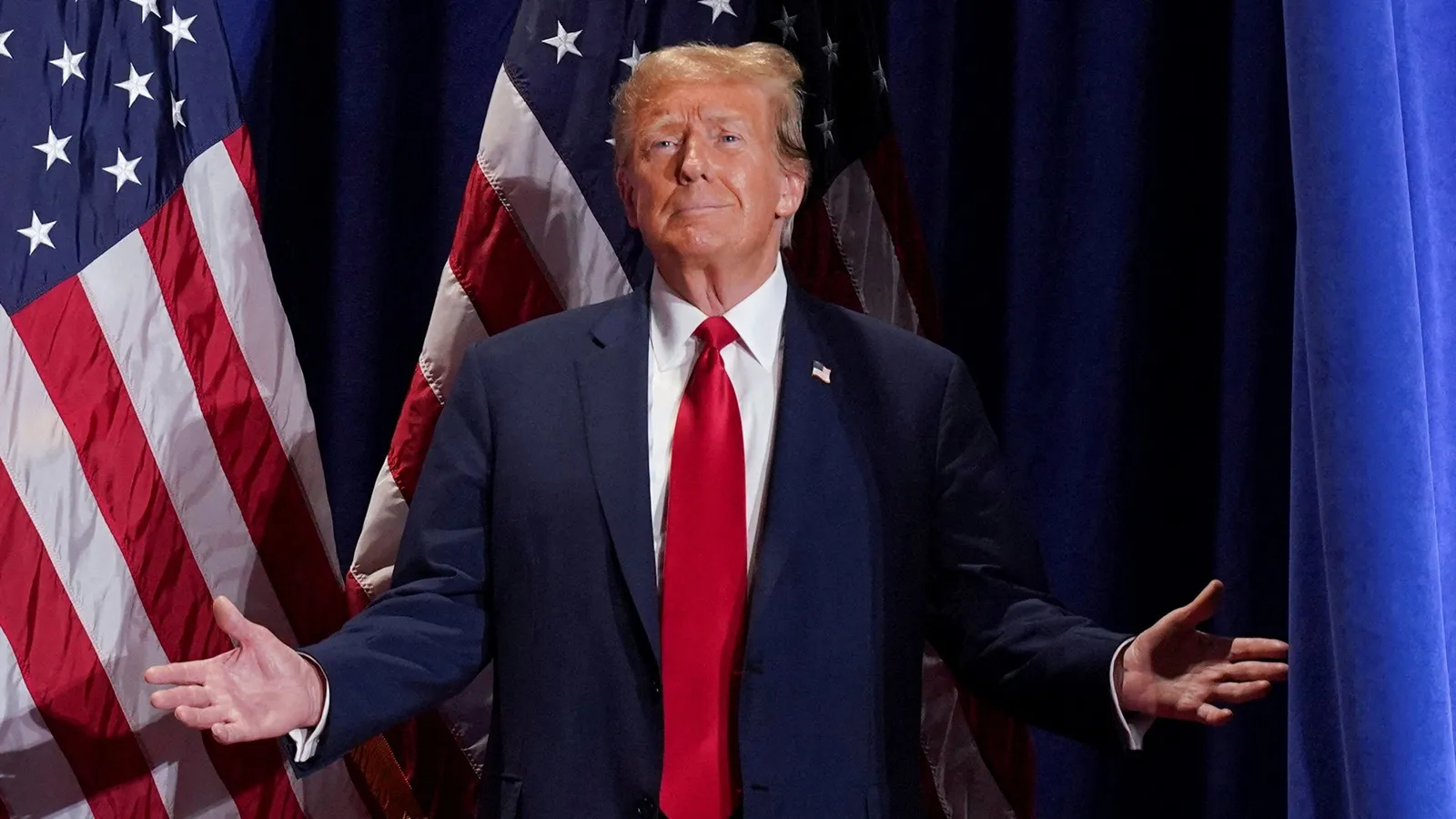The legal hurdles facing Donald Trump in his bid to return to the White House are beginning to look more like speed bumps than brick walls. While prosecutors in cases across Georgia, Florida, and Washington, D.C., managed to bring charges against the former president, getting them to trial is proving much harder.
Trump faces four criminal cases that have pulled him off the campaign trail and consumed his public addresses and social media rants. Yet, these high-profile prosecutions have yet to deliver the legal reckoning that many expected—or the political blow his critics hoped would derail his 2024 presidential campaign. This is largely due to a series of delays. After two postponements in the past week, the only trial likely to happen before the election is the one currently unfolding in Manhattan—the hush money case, which is generally viewed as the least serious of the four, both in terms of the charges and the potential penalties.
If things proceed as they are, Trump’s critics won’t get the high-stakes public trial they’ve been hoping for—one that could potentially sway some of his supporters. Kimberly Wehle, a University of Baltimore law professor and former assistant U.S. attorney, remarked that many expected these cases to accomplish more than what legal processes typically do. “I do think people had too high hopes for these cases to take the place of grass-roots organization and self-education and voting rights and getting people to the polls,” she said.
Despite the daily spectacle of Trump’s hush money trial in New York City, where he’s accused of falsifying business records, the bigger legal threats are losing momentum. In just 24 hours this week, the chances of Trump facing any other trials in the next six months grew slimmer. On Tuesday, the judge overseeing Trump’s case about classified documents at Mar-a-Lago indefinitely postponed the trial, citing pending motions and special procedures related to handling classified evidence. The following day, the Georgia Court of Appeals took up Trump’s appeal to disqualify the district attorney in his case over his alleged conspiracy to overturn the 2020 presidential election results in that state, which could add months to the timeline.
This leaves the federal charges in Washington for conspiring to obstruct the peaceful transfer of power to Joe Biden—the most serious of Trump’s cases—in limbo. The Supreme Court agreed to hear Trump’s claim of presidential immunity, putting the trial on hold and likely delaying any verdict until well into the election season. Even if the case progresses by late summer or fall, it’s unclear if Judge Tanya Chutkan, an Obama appointee, would schedule a trial during the peak of the presidential campaign.
The slow progress has led to some liberals suggesting that Judge Chutkan could hold an evidentiary hearing with witness testimonies to evaluate Trump’s claims of immunity. While this might shed light on the government’s case and disrupt Trump’s campaign activities, it seems unlikely to generate the drama or attention of a full trial with a jury. Moreover, much of what might be revealed has already come to light through the House select committee’s hearings on Trump’s actions leading up to January 6, 2021.
Joyce Vance, a former U.S. attorney, noted on MSNBC that such a hearing could bring some of special counsel Jack Smith’s evidence to public view, but she acknowledged that it might not carry the same weight as a full trial. As the clock ticks down to the 2024 election, many are wondering whether these legal battles will ultimately have any significant impact on Trump’s political fortunes.















































